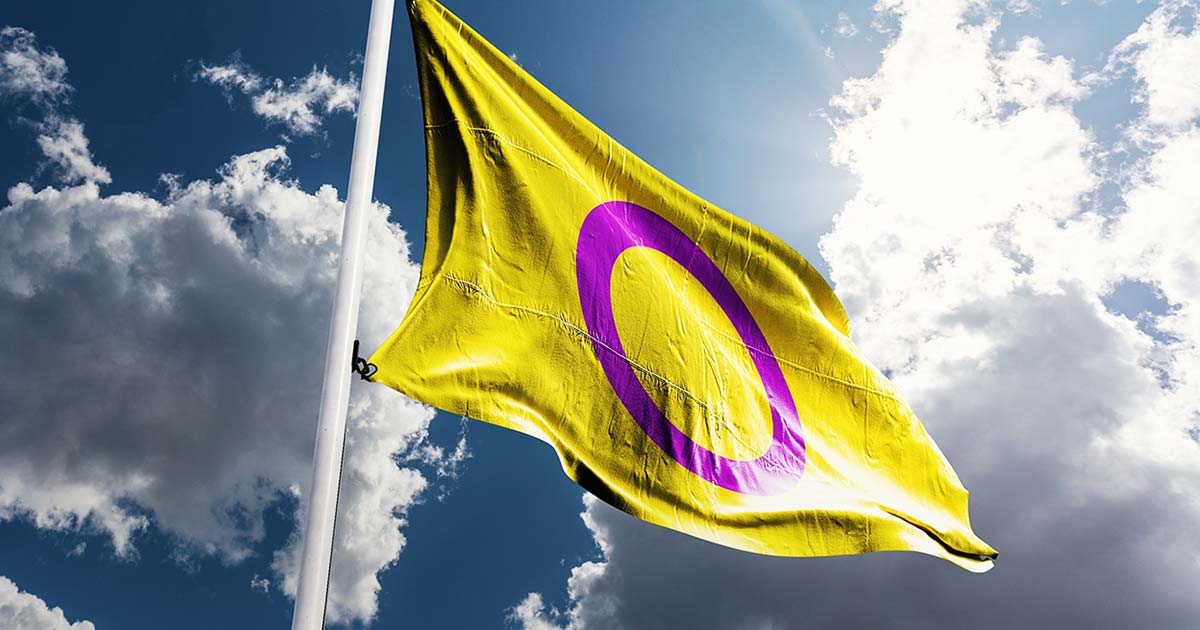South Africa Champions Historic UN Intersex Rights Resolution

Created in 2013, the intersex flag is a Pride flag representing intersex individuals and the intersex community
South Africa is among the sponsors of a historic United Nations resolution aimed at protecting the human rights of intersex persons.
On Thursday, the UN Human Rights Council in Geneva adopted its first-ever resolution specifically addressing discrimination, violence, and harmful practices against individuals with innate variations in sex characteristics.
South Africa, along with Finland, Chile, and Australia, brought forward the resolution, which garnered majority support from States. The resolution encourages States to ensure the highest attainable standard of physical and mental health for intersex individuals.
It also mandates the Office of the High Commissioner to prepare a report on discriminatory laws and policies, acts of violence, and best practices for persons with innate variations in sex characteristics in all regions of the world.
A Milestone in Addressing the Rights of Intersex Persons
In a join statement, 35 civil society organisations applauded the landmark moment for intersex people and their rights. “This resolution marks yet another milestone in how international bodies are looking at the rights of intersex persons,” the organisations said.
“Thanks to this vote, the first-ever official United Nations report to address the human rights situation of persons with innate variations in sex characteristics will raise awareness of the issue in a way that States can no longer ignore, and will have to act upon.”
The document adopted by the Council expressed “grave concern” about violence and harmful practices facing persons with innate variations in sex characteristics – including medically unnecessary or deferrable interventions concerning sex characteristics.
“We are grateful to the cross-regional group of States who brought this resolution forward, those who supported it, and the growing number of countries that have started to enhance protections for intersex persons,” the 35 organisations continued.
Intersex People Exist Everywhere
Intersex people have innate variations of sex characteristics (such as genitals, reproductive organs, hormonal and chromosomal patterns) that are more diverse than stereotypical definitions of male or female bodies.
“Intersex people exist in every part of the world. And yet, they continue to face pervasive human rights violations everywhere – including forced and coercive medical interventions, infanticide, denial of legal recognition and registration at birth, and discrimination in accessing health, education, and sports, amongst others.”
Up to 1.7% of the global population is born with such traits, and the fact that someone is intersex can become apparent at different times in their life. Because their bodies are seen as different, intersex children and adults are often stigmatised and subject to harmful practices – including in medical settings – and discriminated against.
We welcome this resolution,and big ups to south Africa for being one of the sponsors and one of the countries to enhance protection for intersex person!! This is huge